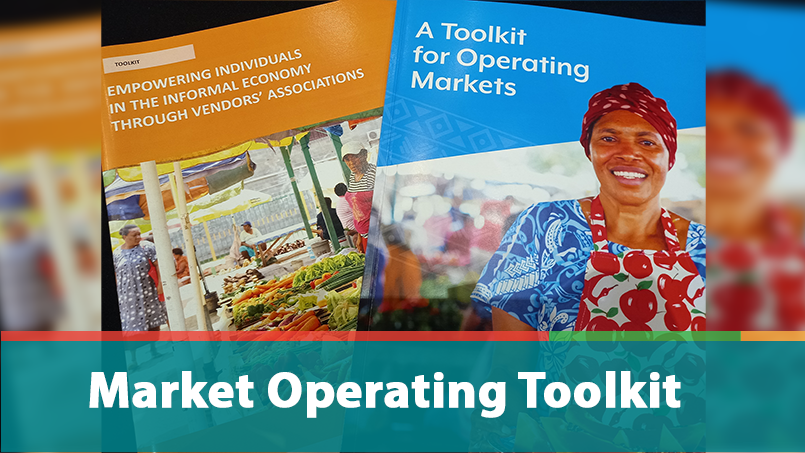
The consultation workshop was held from December 6-8, 2021, to review the National Informal Economy Policy 2011-2015, and Validation of the Informal Economy Voice Strategy 2018-2022.
The three-day Southern Regional Community Development Consultation Workshop brought together key participants of the informal economy from the centers of Alotau, Kerema, Daru, Central and the National Capital District (NCD). It was facilitated by the Department of Community Development and Religion (DfCDR).
At the launch of the workshop, Department Secretary Jerry Ubase, said, “The Informal Economy Policy 2011-2015 is outdated and needs to be reviewed to address socio-economic needs for the marginalized people in the country in the informal sector.”
To review the informal economy policy and the validation of the voice strategy, workshop participants interacted and meaningfully shared their own unique experiences as market vendors, market managers, presidents of market associations and as customers,.
The workshop took into account that the policy must be aimed at uniting and migrating 80 percent of PNG’s population who are actively participating in micro SMEs, to connect, benefit, and contribute to the formal economy service delivery mechanism.
The discussions throughout the workshop were matter-of-fact, with participants highlighting the many hindrances they face in the informal sector, which included the challenges faced when trying to break into the formal economy.
Utilizing the information gathered through the workshop, DfCDR and supporting development partners, the European Union (EU), UN Women, and the Consultative Implementation & Monitoring Council (CIMC) will develop a template for local authorities to plan and implement and also draft a national implementation plan. This will highlight clear systems and pathways created to enable growth of businesses and serve as a guide to the National Government to understand, and create the environment, provide resources and build capacity to drive the implementation of the informal economy policy.
In its efforts to ensure the effective participation of women in the economy, UN Women have developed toolkits for market operations.
On the final day of the workshop, UN Women Programme Manager Brenda Andrias presented these two vital toolkits:
- A toolkit for Operating Markets, and
- Empowering Individuals in the Informal Economy through Vendors’ Associations.
The toolkit for Operating Markets is necessary as Markets are an essential component of life in Papua New Guinea, with 80 percent of the country’s population involved in the informal economy, 60 percent of whom are women.
The toolkits acknowledge that women have a dominant role in production of food that is sold in markets, as market vendors and as customers. The toolkits draw on observations made over ten years during which UN Women worked with market vendors, market managers, local government personnel and others to identify problems and develop solutions for operating local markets.
Andrias said at the commencement of the workshop, that the work of the informal economy sits within UN Women’s economic empowerment pillar.
UN Women’s key goal under that area is that, women engaged in that sector are empowered to speak up for their rights; are able to access business development opportunities, and are able to improve their lives through increased income as well as increased control over that income.
“So that’s why we are very committed in working with the key agencies that are promoting that space and especially agencies that are looking at promoting women’s rights and the rights of members of the community who are vulnerable and marginalized,” said Andrias.
